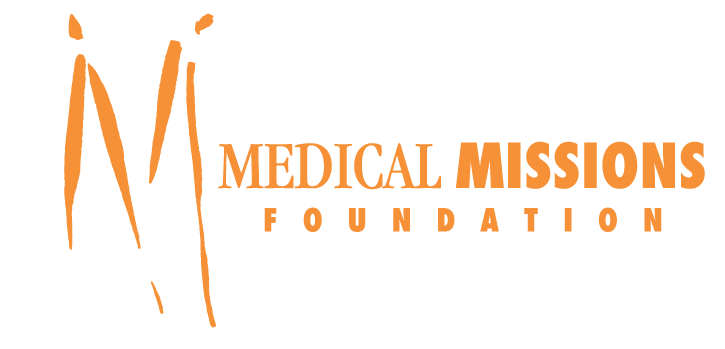Lessons from our last surgery in Mali 2015
The very last patient seen on Friday was Brouma Traoré. A handsome man in black framed glasses, Dr. Brandon commented on his resemblance to Samuel L. Jackson, and we all agreed. Brouma is a painter, a contractor who has painted buildings for many years. He pays his helpers 4,000 CFA per day (about $6.50). He developed a painful hernia but didn’t have the 50,000 CFA ($83) fee needed to have it repaired. To have this same procedure done in Bamako would cost over 100,000 CFA. Dr. Brandon asked how long it would take him to save that much and he didn’t have an answer. What he earns is barely enough to live: as he said, only enough to pay for “food, family, and himself”. There is no savings and there never will be. But he did have a friend who agreed to pay the fee for him. We have heard similar stories before in Mali: people paying for someone’s school, or a donkey, or medicines. Maybe it’s cultural. Maybe it’s religious – Zakat is one of the five pillars of Islam, to give a percent of one’s income to help support the community, especially the neediest. Brouma’s benefactor paid Dr. Oumar, and then when we confirmed with Dr. Oumar that we were coming he scheduled Brouma to see us instead. He was screened early in the week but accidentally left with his paperwork, and wasn’t put on our schedule. Luckily he returned Friday morning and we were able to add him to that day’s schedule, and he became Dr. Brandon’s last patient of the week.
As we operated, Dr. Oumar, through the translator, said he would refund the benefactor his money. He explained how this is another example of how lives are changed by our mission. The fact that we came so far – spent our time, money, and energy to help this one man. He received his surgery for free. His benefactor is now able to use his Zakat tithe for another member of the community – so in fact, multiple people benefit from this one simple procedure. Dr. Oumar said that his prices are less expensive than in Bamako in large part because we are in partnership with him. He is able to keep prices low because of the supplies and support our team provides. He said that he would not be able to continue his mission of providing quality healthcare to the people of Ouéléssébougou without us.
As the surgery continued – using a local anesthetic – the patient never complaining or grimacing, as both he and Dr. Oumar described his case, with Isaac interpreting: just to hear their gratitude for us, the love of their community and their belief in the ongoing and mysterious divine plan, I struggled to stay composed. It is so easy to cry in Africa. The only place I cry.

